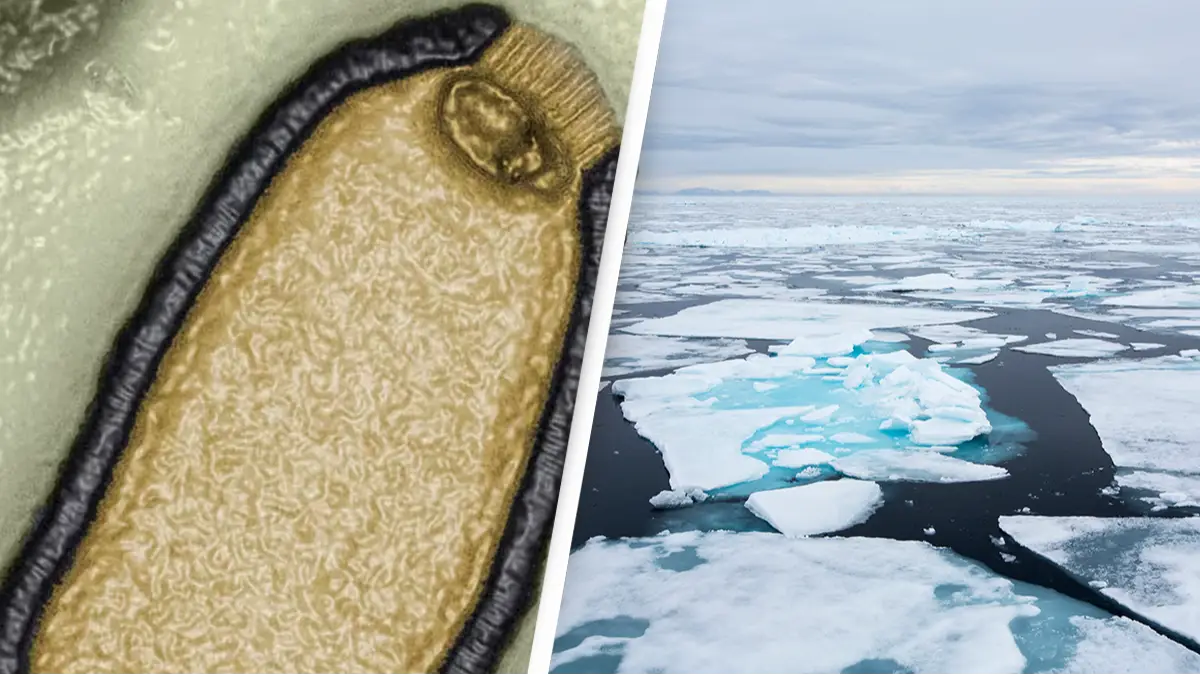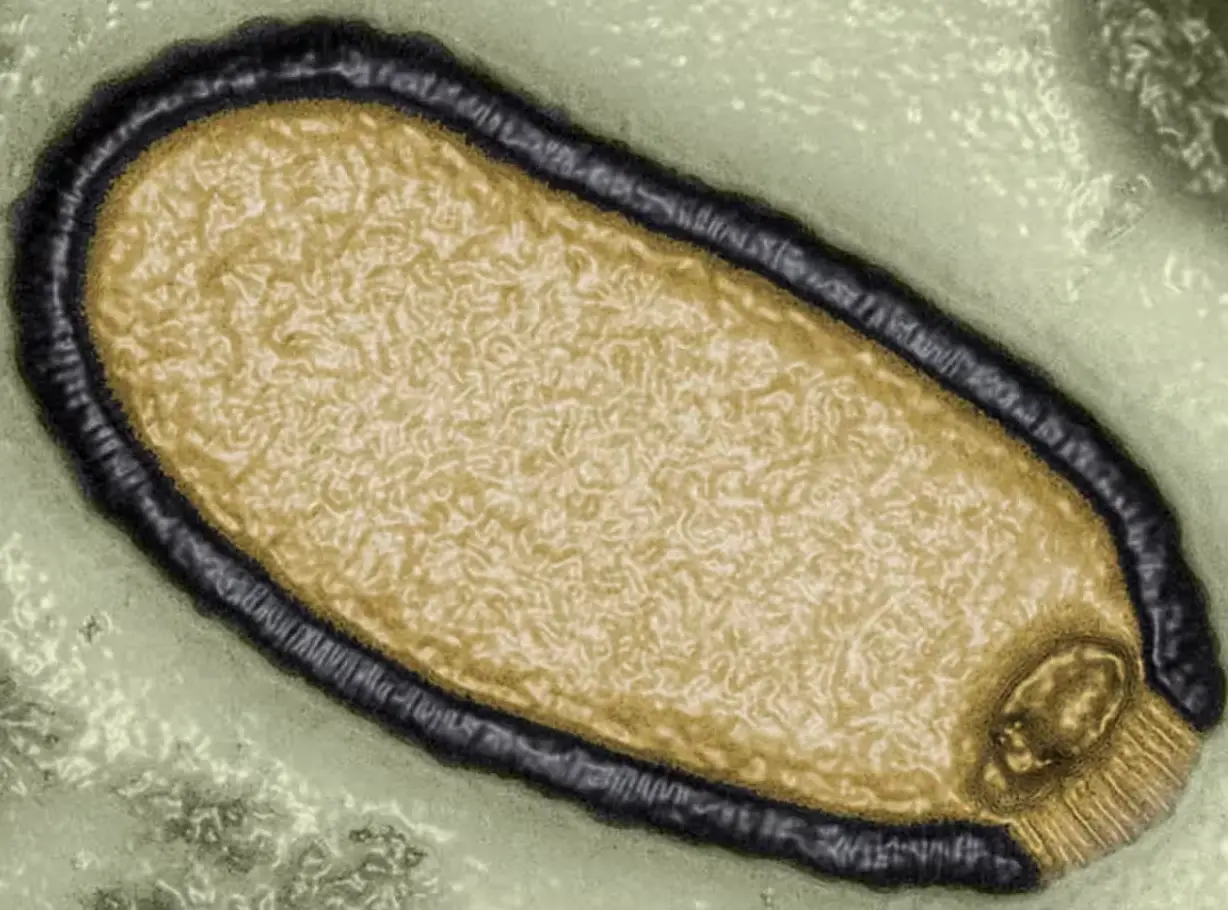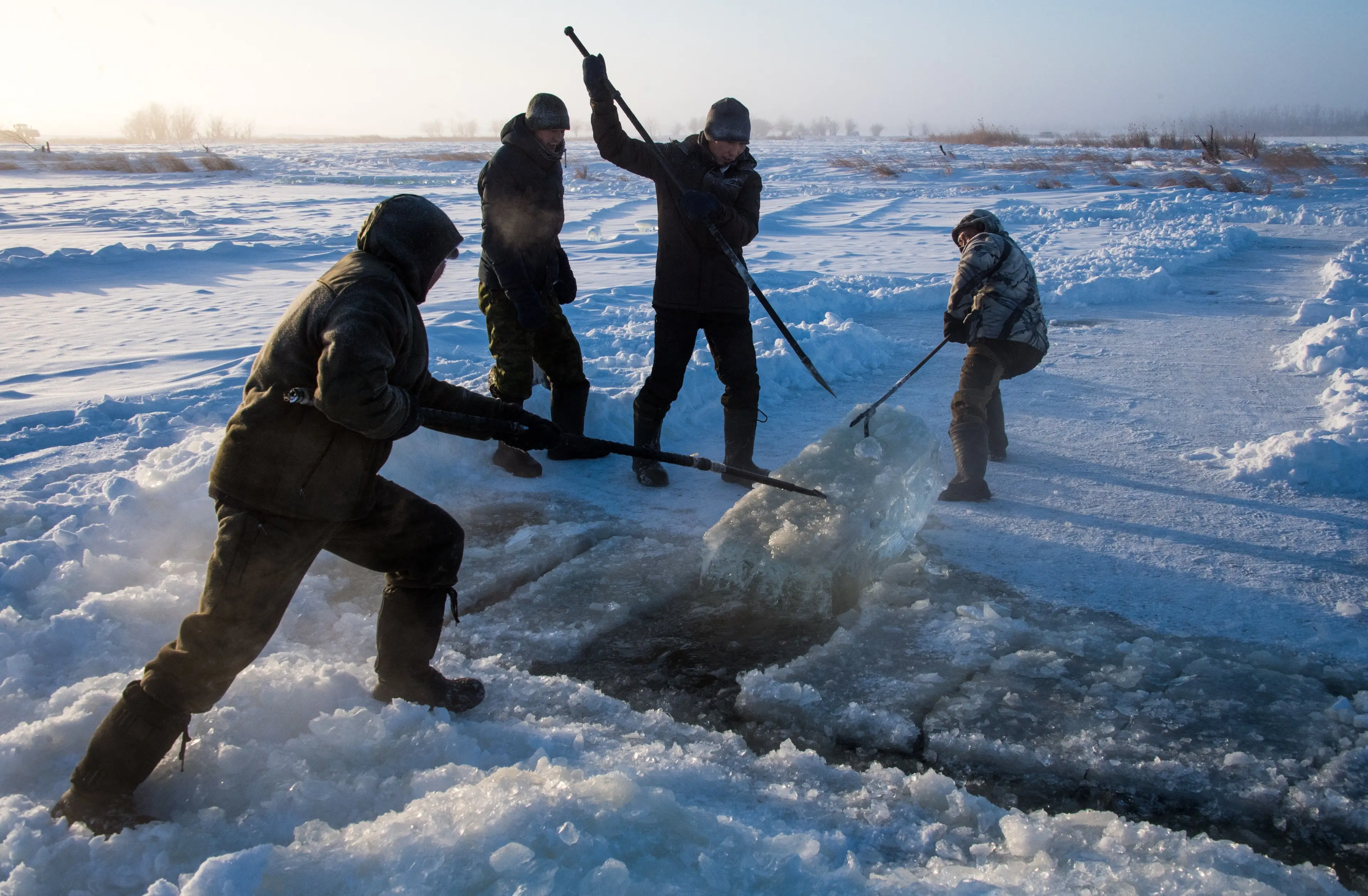
Scientists have warned that 'zombie viruses' trapped in permafrost in the arctic could prove to be a huge problem for humanity.
As climate change impacts the arctic, viruses that have been frozen for thousands of years could be released and start the next pandemic.
Some scientists have also suggested that the world is woefully ill prepared for such a situation.
For those who are now anticipating a zombie apocalypse, fear not! Zombie virus is just a nickname and the strains are known Methuselah microbes.
Advert
At this present time, there isn’t a fear that these diseases are already among us, but rather that one day they could be.
“At the moment, analyses of pandemic threats focus on diseases that might emerge in southern regions and then spread north,” geneticist Jean-Michel Claverie of Aix-Marseille University said, according to a report by The Guardian.

“By contrast, little attention has been given to an outbreak that might emerge in the far north and then travel south – and that is an oversight, I believe.
"There are viruses up there that have the potential to infect humans and start a new disease outbreak."
Virologist Marion Koopmans of the Erasmus Medical Center in Rotterdam has also warned that the permafrost could contain diseases that our ancient ancestors dealt with or viruses so old they have never impacted our species.
"We don’t know what viruses are lying out there in the permafrost but I think there is a real risk that there might be one capable of triggering a disease outbreak – say of an ancient form of polio," Koopmans said.
"We have to assume that something like this could happen."
The permafrost covers a fifth of the northern hemisphere and is made up of soil kept at temperatures below zero for long periods.

Claverie has also explained just how a virus trapped in the layer could wreak havoc on the world.
“The crucial point about permafrost is that it is cold, dark and lacks oxygen, which is perfect for preserving biological material.
"You could put a yoghurt in permafrost and it might still be edible 50,000 years later."
The permafrost layers in Canada, Siberia and Alaska are melting due to climate change and meteorologists have said it is heating up several times faster than the average increase in global temperatures.
Topics: News, Science, World News